NeuralX Inc. and SoftBank Corp. collaboratively published a scientific paper, which proposes a new algorithm to simulate a fish as an autonomous intelligent agent, that can learn and adapt its behavioral model to any given environment by incorporating deep reinforcement learning and bio-inspired simulation framework at NeurIPS 2022 (Neural Information Processing Systems 2022). NeurIPS is the top international conference in the machine learning and A.I. field, held in New Orleans, LA, U.S. from November 28th to December 9th, 2022.
Comparison between real video and simulation(Left:Sparse Scene, Right:Dense Scene)
Paper
DeepFoids: Adaptive Bio-Inspired Fish Simulation with Deep Reinforcement Learning
Background Story
Feeding is an important factor in fish farming as it contributes to the growth of the fish. Feeding also affects the environment as the excessive amount of food can contaminate the oceanic environment. Regardless of the importance, the feeding is currently done with a human gut feeling as there is no way as of now to do it analytically as there is nothing to monitor and analyze the underwater scenes. This is one of the reasons that the feeding cost is almost 70% of the total operation cost, and it is a big risk factor in the industry. For better sustainability, the industry needs a better way to optimize the feeding process.
Solution
NeuralX and SoftBank worked together to re-create the oceanic scenes in simulations to synthesize large and various training datasets for computer vision models to be trained with for the purpose of developing an automated counting and sizing A.I. system. Deep learning has achieved great success in computer vision. The quality of the dataset determines the accuracy of deep learning models, but it is difficult to obtain data to train a fish counting model. We previously proposed a fish schooling simulation called Foids and demonstrated the efficacy of using a CG synthetic dataset for training. However, Foids required manually setting a number of parameters for a given fish species, which must be adjusted again should any conditions change. To solve this problem, we propose a method to autonomously generate schooling behavior in fish using multi-agent deep reinforcement learning. Fish behavior in a fish farming cage depends not only on natural factors like temperature and light intensity, but also on the size and shape of the fish cage, and even the species, number, and size of the fish themselves. By taking into account biological data such as the preferred light intensity, temperature, and inter-fish distance of each fish, our method achieved several distinct patterns of collective behavior depending on population density through autonomous learning. Furthermore, we developed a physically-based underwater environment simulation. This simulation is capable of accurately reproducing the conditions of underwater scenes of arbitrary locations and seasons. The bio-inspired fish simulation and physically-based environment simulation allow for the creation of a high-quality synthetic dataset, with which we successfully trained a deep learning model to count fish of various species in fish cages. We will optimize and automate the feeding process using the A.I. system, which saves the operation costs and improve the stability and growth speed of fish in aquaculture.
About Neurips
Neural Information Processing Systems(NeurIPS)is a top-ranked conference in machine learning and neural network since 1987. The research area ranges from machine learning and neural network to cognitive science, computer vision, NLP, and other information processing. 10,411 paper was submitted to the conference and the acceptance rate was 25.6% in 2022.
【Contact】
NeuralX, Inc. PR team E-mail:info@neuralx.ai

